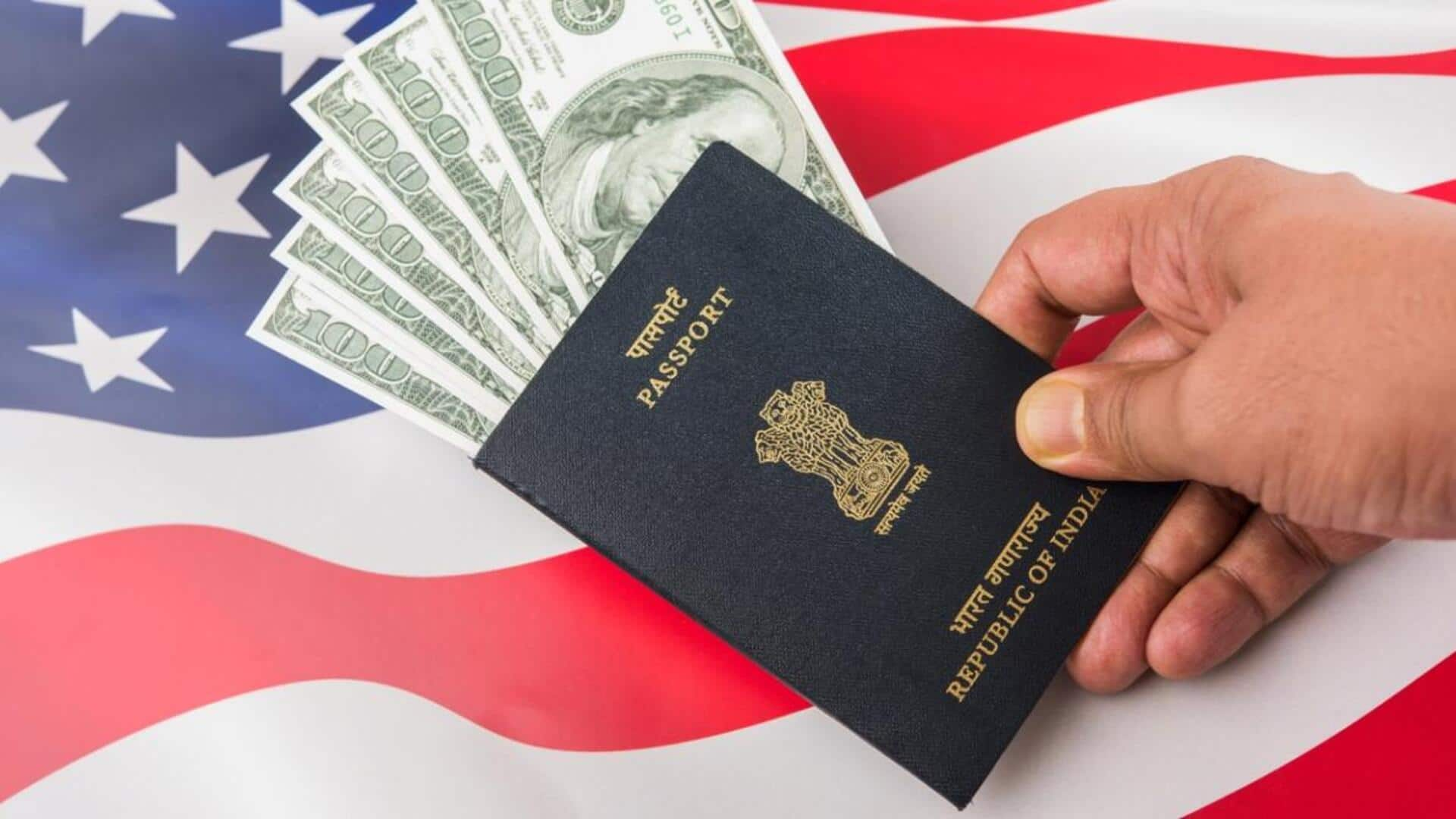
This US policy puts children of H-1B workers at risk
What's the story
The United States Citizenship and Immigration Services (USCIS) has revised its policy on the Child Status Protection Act (CSPA) age calculation. The new guidelines, which come into effect from August 15, state that visa availability for CSPA age calculation will now be determined using the Final Action Dates chart in the Department of State's Visa Bulletin. This change is aimed at bringing uniformity between USCIS and the Department of State in determining when a visa becomes available.
Policy implications
New policy shift
Under the old system, USCIS used the Dates for Filing chart to determine the visa availability for CSPA age calculations. This sometimes resulted in discrepancies between applicants adjusting their status in the US and those applying for immigrant visas abroad. The new policy implies a visa is considered "available" only when the Final Action Date becomes current, which could shorten the time a child is protected under CSPA, and possibly lead to some children aging out sooner than before.
Act purpose
What is CSPA?
The CSPA was enacted to protect certain children from "aging out" and losing their eligibility for a green card after turning 21. It does this by changing how their age is calculated based on visa availability dates. Normally, unmarried children under 21 can get lawful permanent residency via a parent's approved petition. However, long visa backlogs often mean these kids turn 21 before their green card process completes, making them ineligible.
Worker impact
Impact on H-1B children's green card process
The policy change will have an impact on children of H-1B employees living in the US who were born outside the country. These children are often stuck in years-long visa backlogs and lose their green card eligibility once they turn 21, resulting in loss of legal status. The updated policy applies to all requests filed on or after August 15, 2025. For the applications pending before this date, USCIS will stick to its earlier February 14, 2023 policy.
Family concerns
Concerns over visa backlogs
The policy change has raised concerns among the families of Indian H-1B visa holders, who often face multi-decade visa backlogs. Children born outside US risk losing green card eligibility once they turn 21, even if they've spent most of their lives in America.